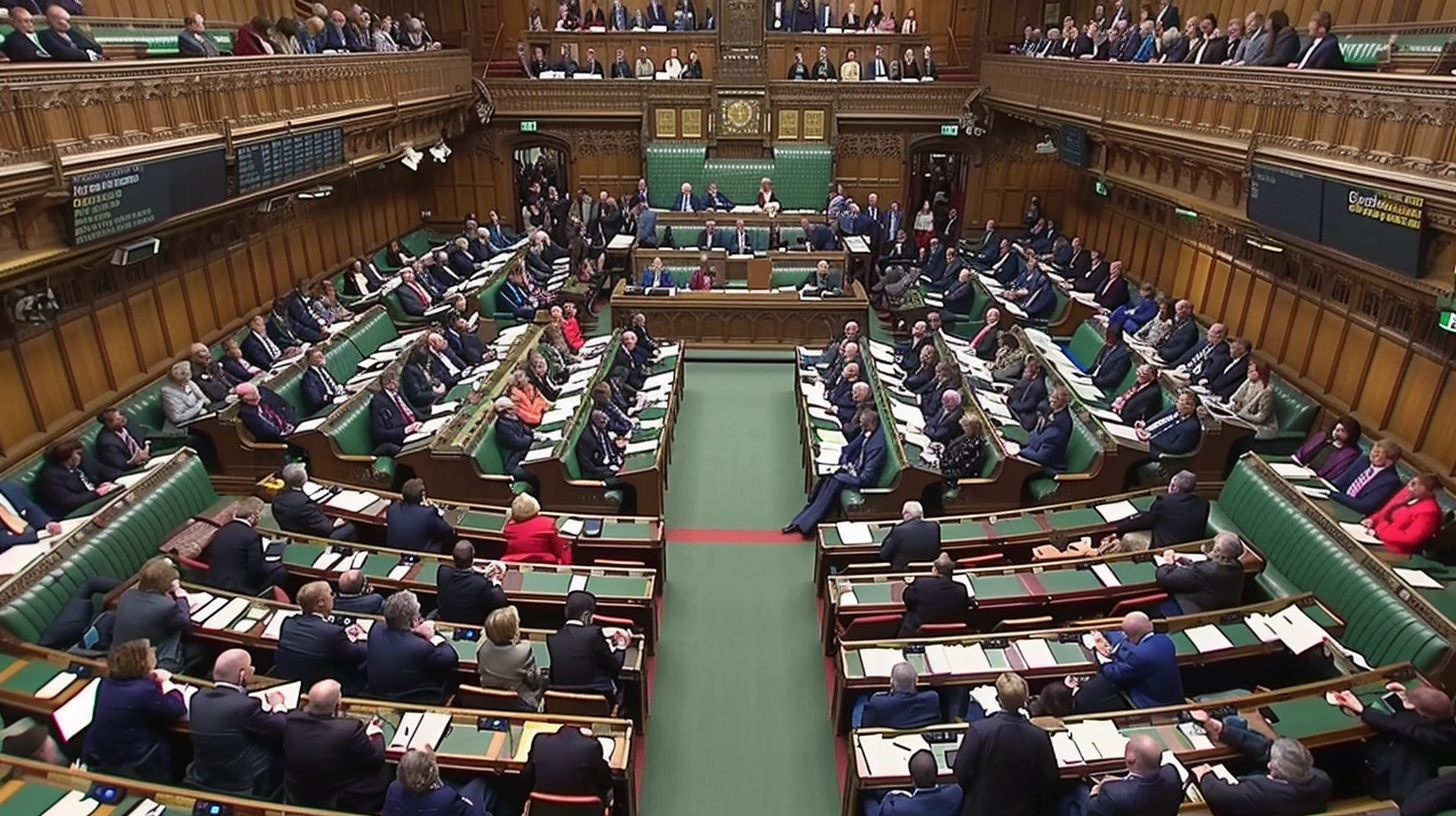On February 26, the UK Parliament engaged in discussions regarding the implementation of accessibility verification for gamblers. This pivotal governmental decision and the industry's response are detailed in the following analysis by IGB.
The eagerly awaited release of the White Paper, outlining new gambling legislation, signifies a groundbreaking transformation for the UK gambling sector, marking the most significant overhaul in the past 18 years. The regulations set forth a crucial precedent for future market regulation, with a focal point of contention and debate being the proposed accessibility checks for gamblers and financial assessments.
While the government has initiated certain measures, such as implementing betting limits for online slots, additional efforts are underway. The UK Parliament and the Gambling Commission (GC) are collaboratively exploring alternative solutions to address the concerns surrounding the adverse effects of gambling within the country.
The industry's strongest reaction to these proposals primarily revolves around the potential introduction of accessibility checks. These proposed testing procedures have encountered staunch resistance from operators and various trade organizations.
Unveiling the White Paper: Safeguarding Vulnerable Groups
The recently released White Paper comprises numerous initiatives directed at safeguarding vulnerable demographics. Notably, a November report by the Gambling Commission (GC) revealed that one in 40 Britons grapples with problem gambling.
Lucy Fraser, Secretary of State for the Department for Culture, Media and Sport (DCMS), asserted that the DCMS is poised to compel operators to intensify their accessibility checks. According to the proposed guidelines, players experiencing losses amounting to £1,000 within 24 hours or £2,000 over 90 days will be subjected to financial assessments. Simultaneously, "passive" checks will be instituted for individuals with net losses surpassing £125 per month or £500 per year.

Industry's Strong Opposition to Accessibility Checks
The industry has vehemently opposed accessibility checks, with operators and major companies expressing concerns over potential adverse effects on business. Andrew Rhodes, the Chief Executive of the Gambling Commission (GC), highlighted that accessibility checks dominated responses during the White Paper consultation.
The Gamblers Consumer Forum (GCF) has raised concerns with the UK statistics regulator regarding figures used by the Commission, particularly the estimated number of players affected by accessibility checks. In response to perceived misinformation, GC issued an open letter to Racing Post readers to clarify the details of the accessibility review consultation, accusing the publication of presenting "unbalanced material."
Even among proponents of financial risk screening, concerns persist. GamCare, a charity supporting the introduction of such checks, has expressed reservations about the proposed threshold levels. Despite industry pressure, recent research by GambleAware indicates that over half of UK adults endorse the implementation of financial inclusion checks in gambling.

Jockey Club's Petition and CDI Debate
In November 2023, the industry's resistance against accessibility checks saw a significant upswing when Jockey Club's CEO, Nevin Trewsdale, initiated an online petition opposing the implementation of these checks. The Jockey Club estimated that the affordability review could incur a cost of £250 million for the racing industry over the next five years. The situation was characterized by bettors having to demonstrate their financial capacity for their preferred pastime, especially if they incur losses up to £1.37 a day.
By the end of November, the petition had garnered 100,000 signatures, prompting parliamentary consideration of the affordability checks issue. Following discussions in January, the parliamentary debate on this contentious topic was rescheduled to take place on February 26.

GC Faces Criticism Amid Accessibility Checks Debate
The ongoing debate is intensifying pressure on the Gambling Commission (GC). A forthcoming study by the UK Gambling Commission (GSGB) received accolades from an independent review led by Professor Patrick Sturgis. While Sturgis praised the GSGB's overall performance, he expressed reservations about fully endorsing the statistical accuracy of the study. Sturgis urged policymakers to exercise caution, acknowledging a significant risk of overstating addiction levels.
This scrutiny follows previous criticisms of the GC's handling of statistical precision. In 2023, David Brown, a 50-year industry veteran, highlighted misrepresentations in GC's accessibility check statistics. After Sturgis' review, gambling consultancy Regulus Partners raised concerns about potential statistical inaccuracies, suggesting that "inconvenient truths" were overlooked.
Melanie Ellis, a seasoned gambling regulatory lawyer, emphasized the role of accurate statistics in shaping public perceptions of gambling risks. Ellis stressed the need for further research to validate the new data before its acceptance, especially considering the notable differences in problem gambling rates compared to previous studies.
The debate underscores the importance of precise and transparent data in informing regulatory decisions and public discourse on the risks associated with gambling.









